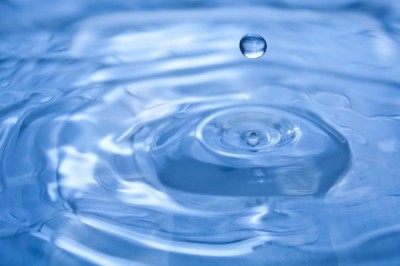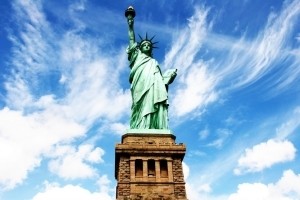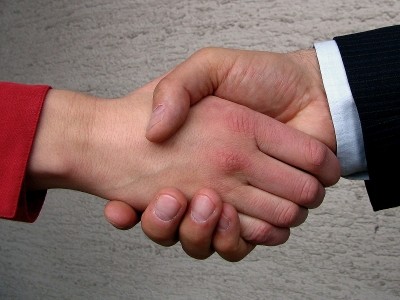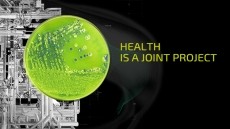China OKs $13bn Life Tech takeover but insists on Thermo price cuts
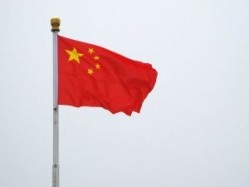
The decision – which was announced on the Chinese Ministry of Commerce’s website late yesterday – click here for Chinese version – came with various conditions, including the divestiture of Thermo Fisher’s cell culture business.
This first requirement should not problem as Thermo Fisher annonced its intention to sell the business - as well as other HyClone units - in November.
Another requirment of the approval is that Thermo Fisher sells its 51% stake in bioengineering firm, Lanzhou National HyClone Engineering.
The Chinese Government also wants Thermo Fisher to reduce the price of some products - SSP kits and SDS-PAGE protein standards - over the next 10 years and to limit these discounts to distributors in the country.
Themo Fisher CEO Marc Casper did not mention the impending Chinese approval during his presentation at the JP Morgan Conference earlier this week, but did say that the Life Tech deal was nearing completion.
The approval follows hot on the heels of green lights from regulators in Europe and New Zealand and Australia.
Sale of the unexpected
ISI Group analyst Ross Muken told investors that the Chinese decision was positive, even if some of the conditions attached were un expected.
“We view this morning's announcement positively as it is the final leg of approval in the Life Technologies acquisition process and positions Thermo Fisher effectively for its targeted early 2014 deal close.
“While certain provisions of the approval were not necessarily expected, we view the required actions as manageable.
"We expect the stock to trade in line with the peers today as we believe that the reaction to the conditions of the approval will be counter balanced by the increased certainty of an early 2014 close.”
News of the Chinese approval follows just a few week after GE Healthcare confirmed it would pay Thermo Fisher $1.06bn for its HyClone gene modulation and magnetic beads units.
GE also told this publication "it will continue to run the HyClone units it is buying from Thermo Fisher Scientific from their existing US bases."
